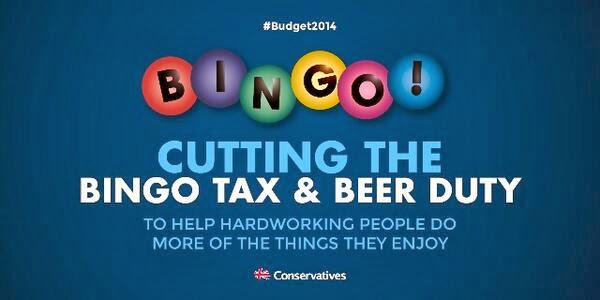How interesting is this? Maltesers, a British candy brand, has taken the bold step of taking a humorous look at the lifestyles of people with disabilities in a new campaign for the Paralympics.
Instead of dewy-eyed homages to bravery and overcoming obstacles, these ads portray people with disabilities talking to their friends about real-life challenges like awkward sexual situations:
Another talks about a hearing aid being eaten and shat out by a partner's goofy dog:
Yet another is about a wedding dance floor disaster:
They're funny (the first one especially), respectful, and wonderfully human. They don't pretend the disabilities don't exist; they show instead that they are essential parts of the lives and identities of the people who live with them.
The other thing I like about these is that they're still ads. No product benefits (like taste) are mentioned, but the candies still play a big support role in these cute little vignettes.
And they're paying off! According to campaign, Britain's Channel 4 offered a million Pounds worth of free TV media during the Paralympics to the advertisers with "the best creative idea with diversity at the heart of a campaign."
Maltesers (a Mars brand) and its ad agency, Abbott Mead Vickers BBDO, were selected from a shortlist that included Amazon (Lucky Generals); Barclays (Bartle Bogle Hegarty London); Dove (Ogilvy & Mather); H&M (Adam & Eve/DDB); Lloyds Bank (Adam & Eve/DDB); Lynx (TMW Unlimited); and Purdey’s (Iris Worldwide).
My only criticism is of the third one, "Dance Floor," which seems a little forced at the end. But kudos to a brand and agency for trying something new with the right mix of bravery and sensitivity.



































